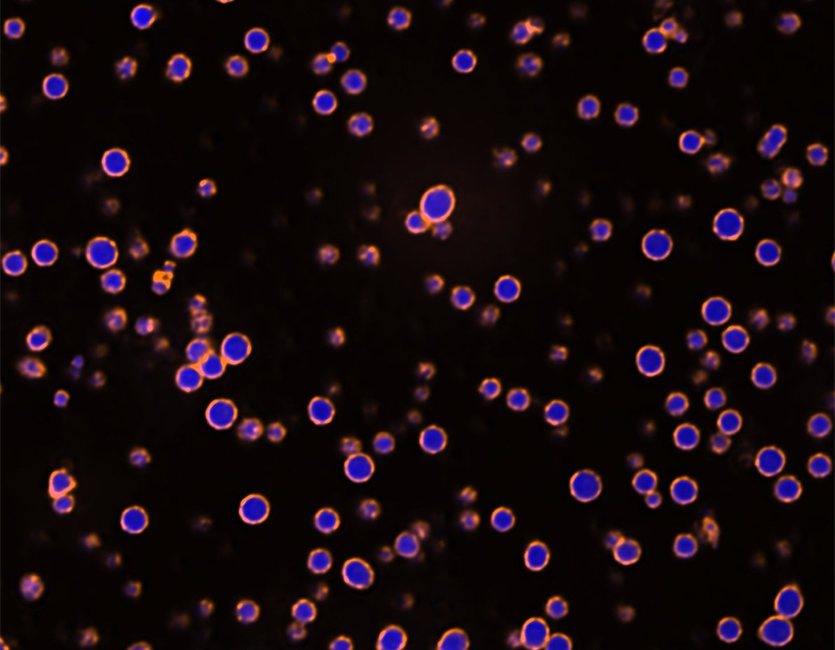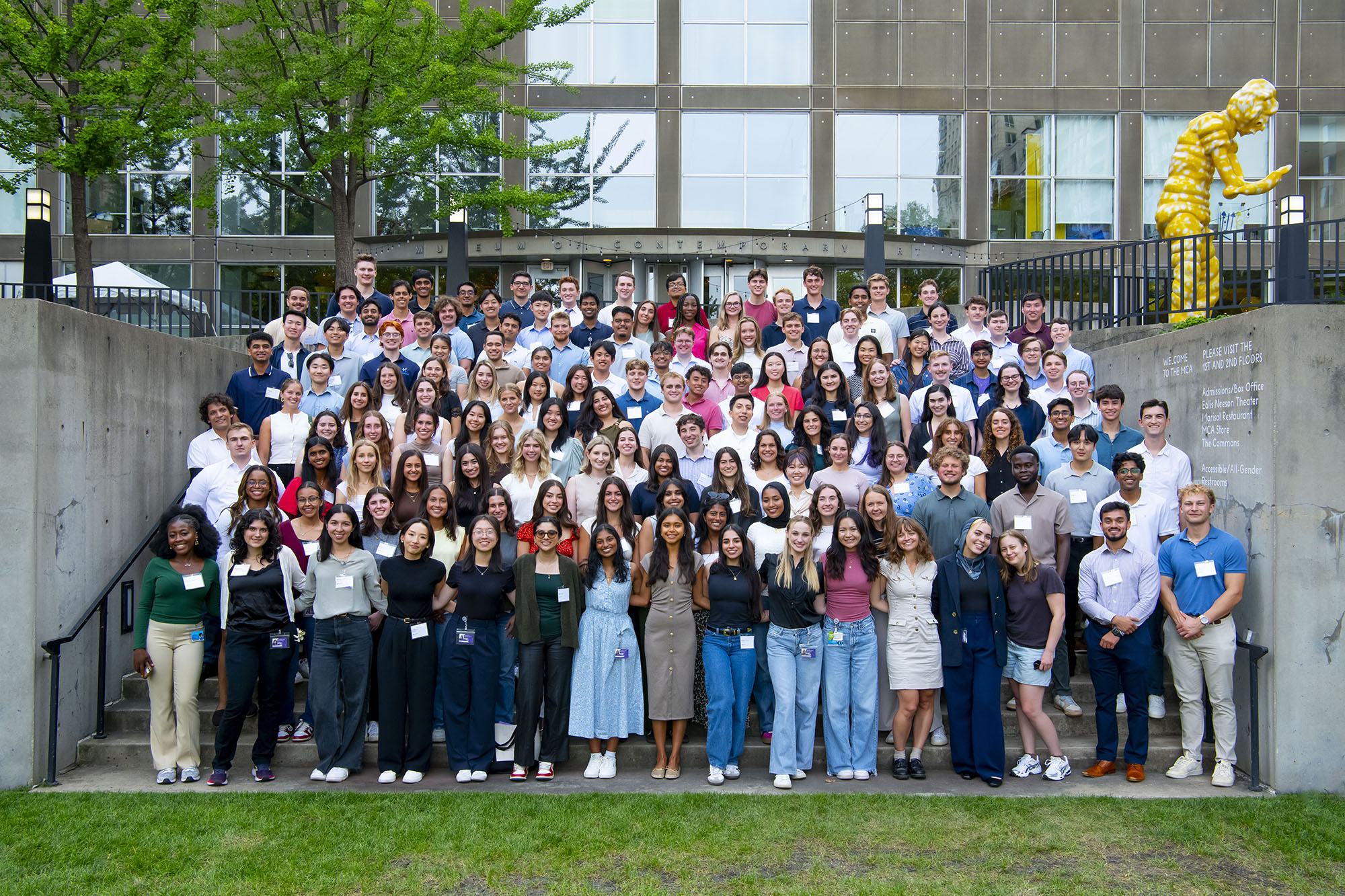Author: kwm107
-

Nearly Everyone Has at Least One Risk Factor Before a Heart Attack, Stroke or Heart Failure
More than 99 percent of people who went on to suffer a heart attack, stroke or heart failure already had at least one risk factor above optimal level beforehand, according to a new study.
-

Black Adults Face Heart Failure Nearly 14 Years Earlier than White Patients
Black adults in the U.S. are first hospitalized for heart failure nearly 14 years earlier than white adults, according to a new study analyzing data from more than 42,000 patients across hundreds of hospitals.
-

Identifying Biomarkers to Guide Prostate Cancer Treatment
Biological markers may help predict which patients will benefit most from specific therapies to treat prostate cancer, according to a study published in the journal Cell.
-

QSI RENU Team Receives MTEC Grant to Develop Regenerative System for Wound Healing
A research team at the Querrey Simpson Institute for Regenerative Engineering has received a four-year, $4.7 million grant to develop a system to simultaneously accelerate wound healing, lower infection risk, and provide continuous in-wound monitoring.
-

Wearable Sensors Could Reshape Obesity Treatment
Northwestern scientists have created a new lifestyle medicine program that uses three wearable sensors to capture real-world eating behavior in unprecedented detail.
-

CRISPR’s Efficiency Triples With Spherical Nucleic Acid Delivery System
A new Northwestern study has unveiled a new type of nanostructure that dramatically improves CRISPR delivery and potentially extends its scope of utility.
-

Les Turner ALS Foundation to Make $500,000 Gift to Northwestern Research
The Les Turner ALS Foundation has announced that it will make a $500,000 gift to support ALS research at Feinberg; the historic gift will support researchers in pursuit of a cure for the disease during a federal funding freeze on Northwestern research.
-

Cell Feature Implicated in Cancer Forms Differently than Previously Thought
A team lead by Northwestern scientists has found that paraspeckles, found in the nucleus of many cells, form differently than previously thought, which may aid in the design of future cancer drugs.
-

Feinberg Welcomes New MD Class with Weeklong Introduction to the Profession
Feinberg recently welcomed the entering MD Class of 2025 during the weeklong Introduction to the Profession module providing first-year students with a comprehensive overview of their medical education.
-

Developing Tools for Studying Essential Genes in Real Time
Northwestern Medicine investigators have developed a powerful new tool that allows scientists to precisely and rapidly control protein levels in living cells—offering unprecedented insight into the inner workings of essential genes, according to a new study published in Nature Communications.





